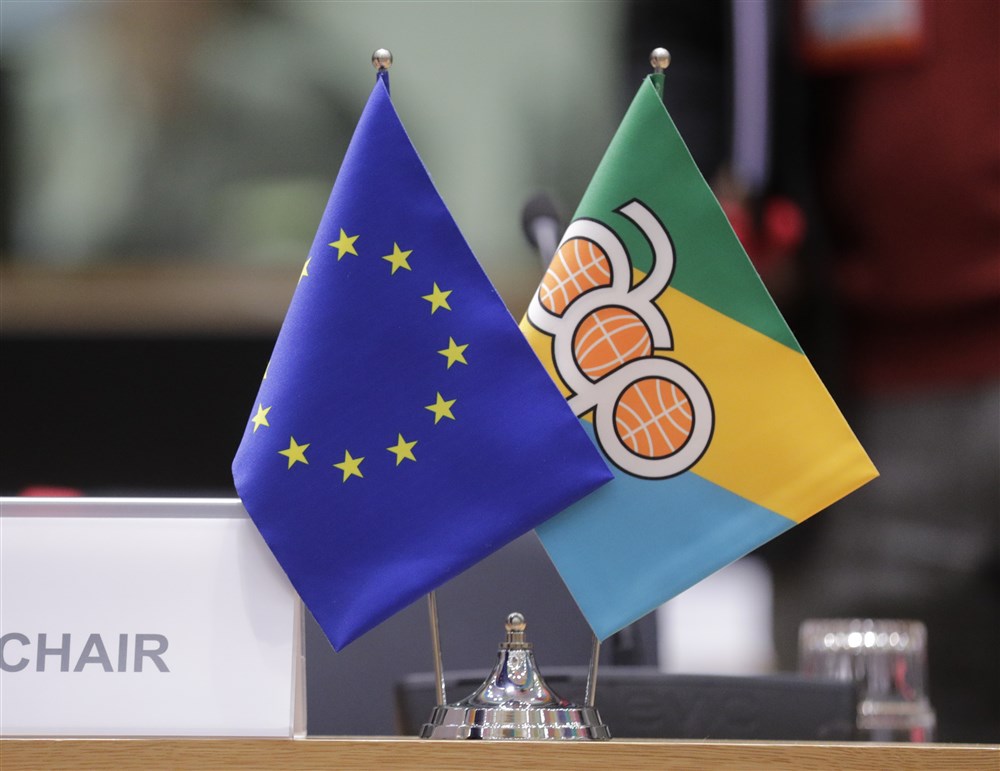LGBTQ Legitimation? Inside Controversial EU-ACP Agreement

On Monday, representatives of a coalition of civil societies in Nigeria publicly warned the Nigerian government against signing the EU-ACP agreement on the grounds that it promotes lesbian, gay, transgender and queer (LGBTQ) practices.
According to Sonnie Ekwowusi, the chairman of the African Bar Association’s Human and Constitutional Rights Committee, the agreement is drafted to subtly impose the European Union’s queer rights agenda on African, Caribbean and Pacific countries.
“This cannot go because LGBT is illegal in Nigeria. There was the Same Sex Prohibition Act of 2014 which was enacted during the administration of Jonathan, and that law is still there. Why should [we] now go ahead and sign a document that has to do with the promotion of LGBT? It’s completely unacceptable. We are calling on the government not to sign,” Ekwowusi said.
Ekwowusi’s interview sparked a public debate among netizens in Nigeria, many of whom have expressed dissatisfaction with the agreement on the same basis — legitimation of LGBTQ in Nigeria.
WHAT DOES THE AGREEMENT SAY ABOUT LGBTQ RIGHTS?
While the EU-ACP agreement mandates inclusivity, gender equality and equal rights for member countries, none of the articles in its 403 pages explicitly mandate member countries to adopt LGBTQ-friendly legislations.
Eighteen out of the 104 articles address gender equality in the context of human capital and social development, education, economy, and security for the member states, especially for women and girls.
Articles 40, 48, and 49, which address gender equality and empowerment for girls and women, require parties to provide universal access to quality and affordable comprehensive sexual and reproductive health education.
The articles further recommend that these countries take the UNESCO International Technical Guidance on sexuality education into consideration as a guiding document.
It may be noteworthy, however, that the UNESCO International Guidance on Sexuality Education discusses queerness in detail.
The guide document also recommends access to comprehensive sexual education. It advises that health services accommodate people of different sexual orientations.
BEYOND SEXUAL ORIENTATION, WHAT IS THE SAMOA AGREEMENT?
Gender equality and sexual orientation are just some of the key dimensions addressed in the EU-ACP agreement otherwise called the Samoa agreement. The agreement, in the actual sense, is the framework for bilateral relations between the European Union and African, Caribbean, and Pacific countries.
In fact, it is one of the oldest frameworks for EU relations with third-world countries. Before now, the EU-ACP agreement was called by different names at different times. Between 1975 and 2000, it was the Lome Agreement. Between 2000 and 2021, the agreement was called the Cotonou Agreement.
However, unlike past documents, the Samoa Agreement covers 79 African countries, Caribbean and Pacific countries. The agreement is also updated to cater to emerging challenges specific to all of the countries represented in the pact.
According to the European Union, the agreement is focused on six key areas. These areas are democracy and human rights, sustainable economic growth and development, climate change, human and social development, peace, and security and migration.
Starting from January 1, 2024, the agreement will be provisionally applied to all member states. It will officially come into force when the European Parliament gives its consent and the parties, which include all EU Member states, and at least two-thirds of the OACPS members, complete the ratification process.

